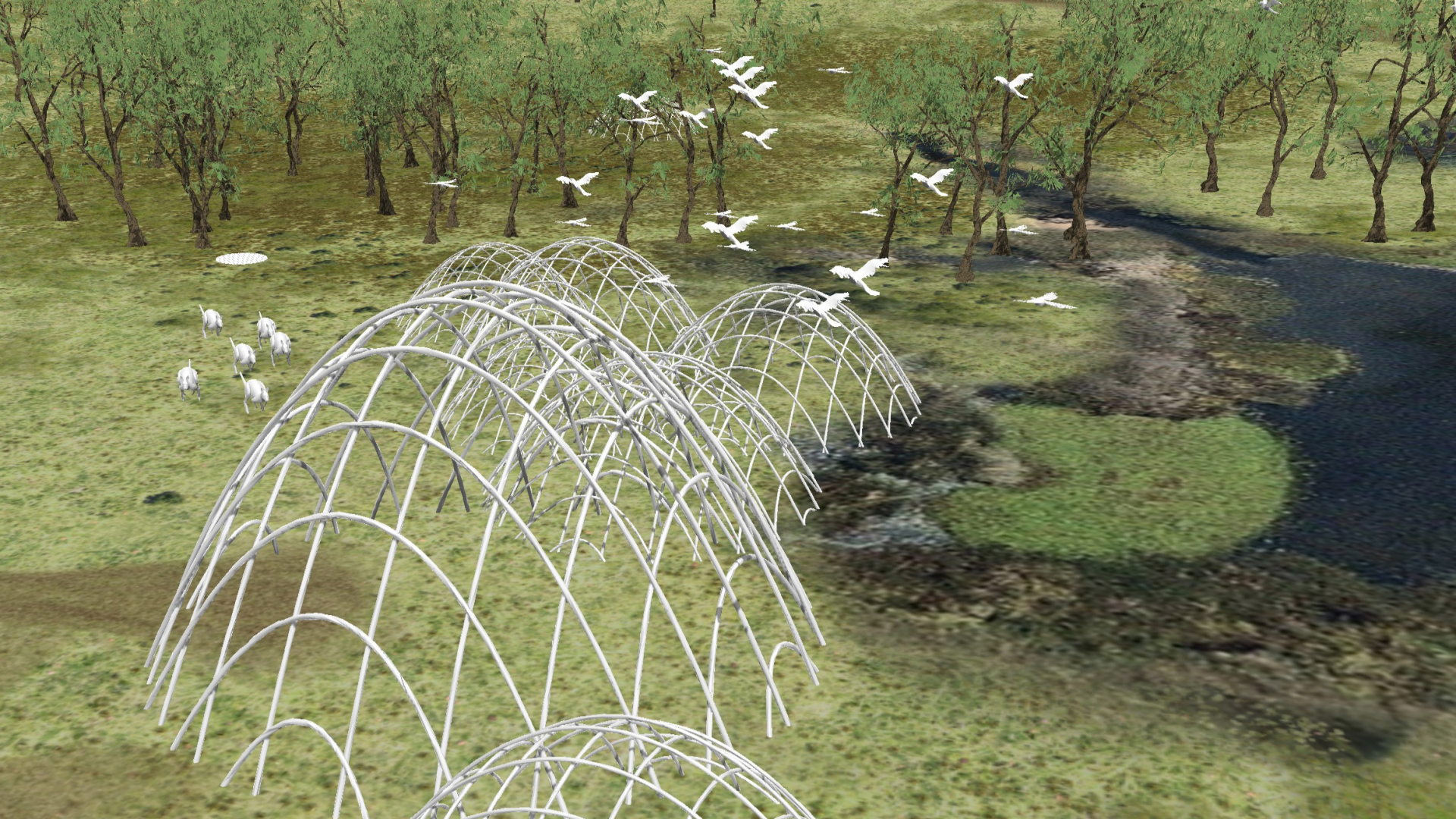Politics and Utopia in Architecture: Knowing the Anthropocene Past Event

A discussion of the future of architecture with the editors of Feral Atlas: The More-Than-Human Anthropocene (Stanford University Press 2020). How does architecture respond and adapt to the Anthropocene? We will hear field stories that demonstrate how we might care for a damaged planet.
Panelists:
Feral Atlas editor: Prof. Anna Lowenhaupt Tsing teaches anthropology at the University of California, Santa Cruz, and sometimes also at Aarhus University. One of her recent books is The Mushroom at the End of the World: On the Possibility of Life in Capitalist Ruins. Between 2013 and 2018, she was Niels Bohr Professor at Aarhus University, where she co-directed Aarhus University Research on the Anthropocene (AURA) with Nils Bubandt. Feral Atlas emerged as an AURA project. It quickly spread to include many dedicated collaborators, whose presence has been an amazing, undeserved gift.
Feral Atlas editor: Dr Alder Keleman Saxena is an assistant research professor at Northern Arizona University. Trained as an environmental anthropologist, her research has examined the relationships linking agricultural biodiversity to human food cultures in Mexico and Bolivia, drawing connections between locally specific ethnobotanical and biocultural practices and larger political-economic contexts. Her recent research and writing explores the social and material implications of the extension of digital connectivity to geographically remote spaces.
Prof. Hélène Frichot is Professor of Architecture and Philosophy, and Director of the Bachelor of Design, Faculty of Architecture, Building and Planning University of Melbourne, Australia. She is Guest Professor, and the former Director of Critical Studies in Architecture, School of Architecture, KTH Stockholm, Sweden. Her recent publications include Dirty Theory: Troubling Architecture (AADR 2019) and Creative Ecologies: Theorizing the Practice of Architecture (Bloomsbury 2018).
Charity Edwards is a lecturer, urban researcher, and registered architect, with Masters degrees in both Architecture (RMIT) and Environment (University of Melbourne). She has practiced architecture for 20 years and continues to collaborate with artists, filmmakers, and scientists to create buildings, landscapes, and urban strategy. She is currently a lecturer at Monash University’s Department of Architecture, where she focuses on interdisciplinary teaching across architecture, interior architecture, and urban planning and design. She is also a member and co-founder of The Afterlives of Cities research collective, which brings together expertise in architecture, astrophysics, digital fabrication, speculative fiction, and art installation to recover futures in space. Charity’s own research explores the destructive, uneven, and more-than-human impacts of urbanisation at the scale of the planet. She foregrounds the long-disregarded space of the ocean in these processes in particular, and is currently investigating how this manifests in the Southern Ocean via increasingly autonomous underwater technologies.
Moderators:
A/Professor Rochus Urban Hinkel’s research and practice focuses on applications of virtual, augmented and mixed realities for design practice, storytelling, and new modes of collaboration. In 2020 VR movie Voices of Country, developed with support by the NExT Lab (MSD) and Büro Achter April (DE), explored digital storytelling and was presented at one of the world’s leading media arts festival: Ars Electronica. He is the recipient of The UniSA, The SIDA Foundation and The David Roche Foundation’s inaugural Curatorial Research Fellowship for the digital craft project ‘The Doppelgaenger’.
Rochus is Associate Professor in Architecture and Design at the University of Melbourne and has taught architecture, interior design and industrial design in previous positions, including Professor of Artistic Design at OTH Regensburg, Germany, and Professor of Interior Architecture and Furniture Design at Konstfack, University of Arts, Craft and Design, Stockholm, Sweden
Dr Peter Raisbeck is an Architect, Design Teacher and Researcher. He teaches Design, Design Activism and Architectural Practice at the Melbourne School of Design. His work explores architecture’s intersection with global finance, new technologies, procurement, design activism, politics, and architectural history.
Register Online – https://www.eventbrite.com.au/e/politics-and-utopia-in-architecture-knowing-the-anthropocene-tickets-144107277747
Politics and Utopia in Architecture
This event is part of a series of three Politics and Utopia in Architecture panels conducted by the MSD during Melbourne Design Week.

